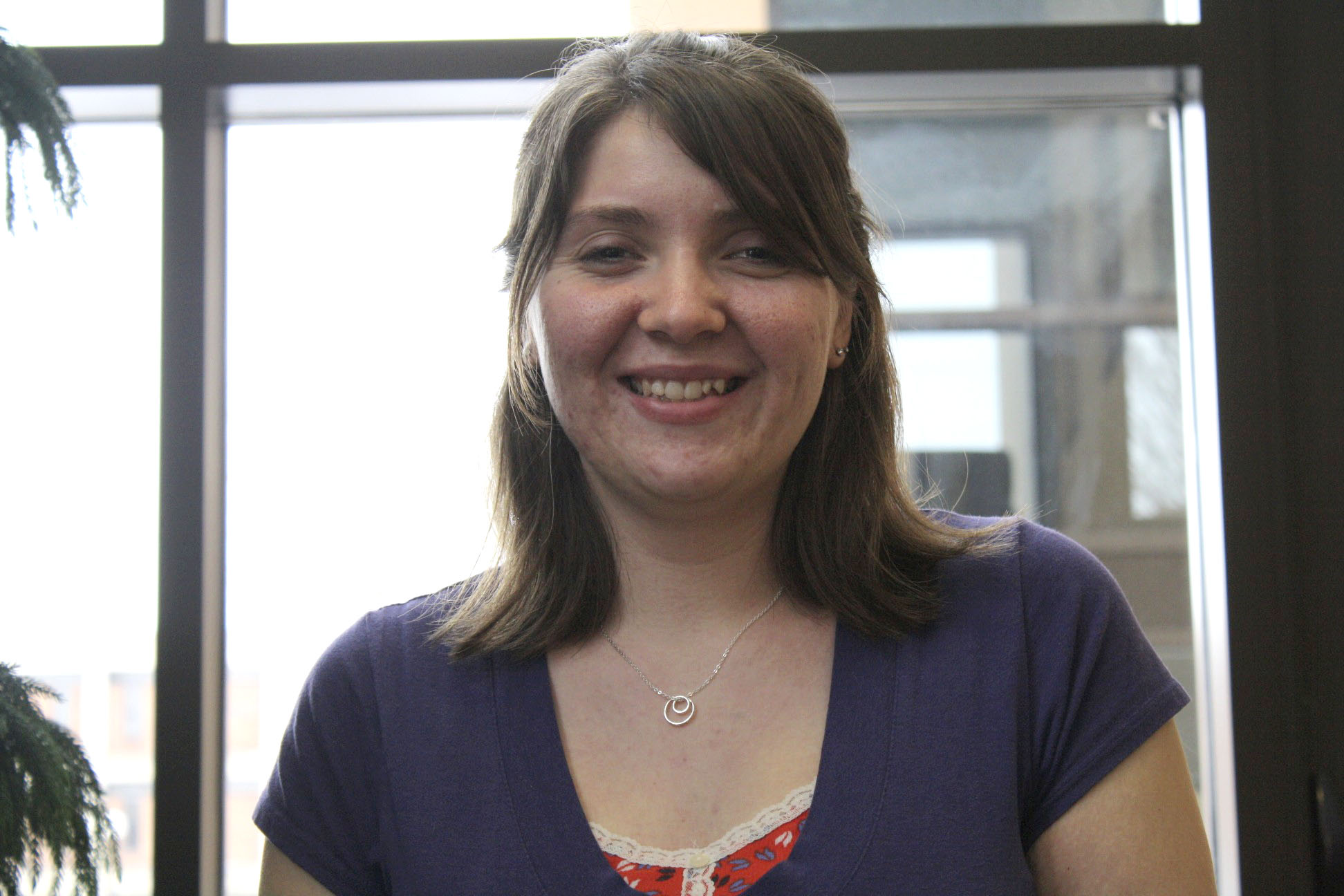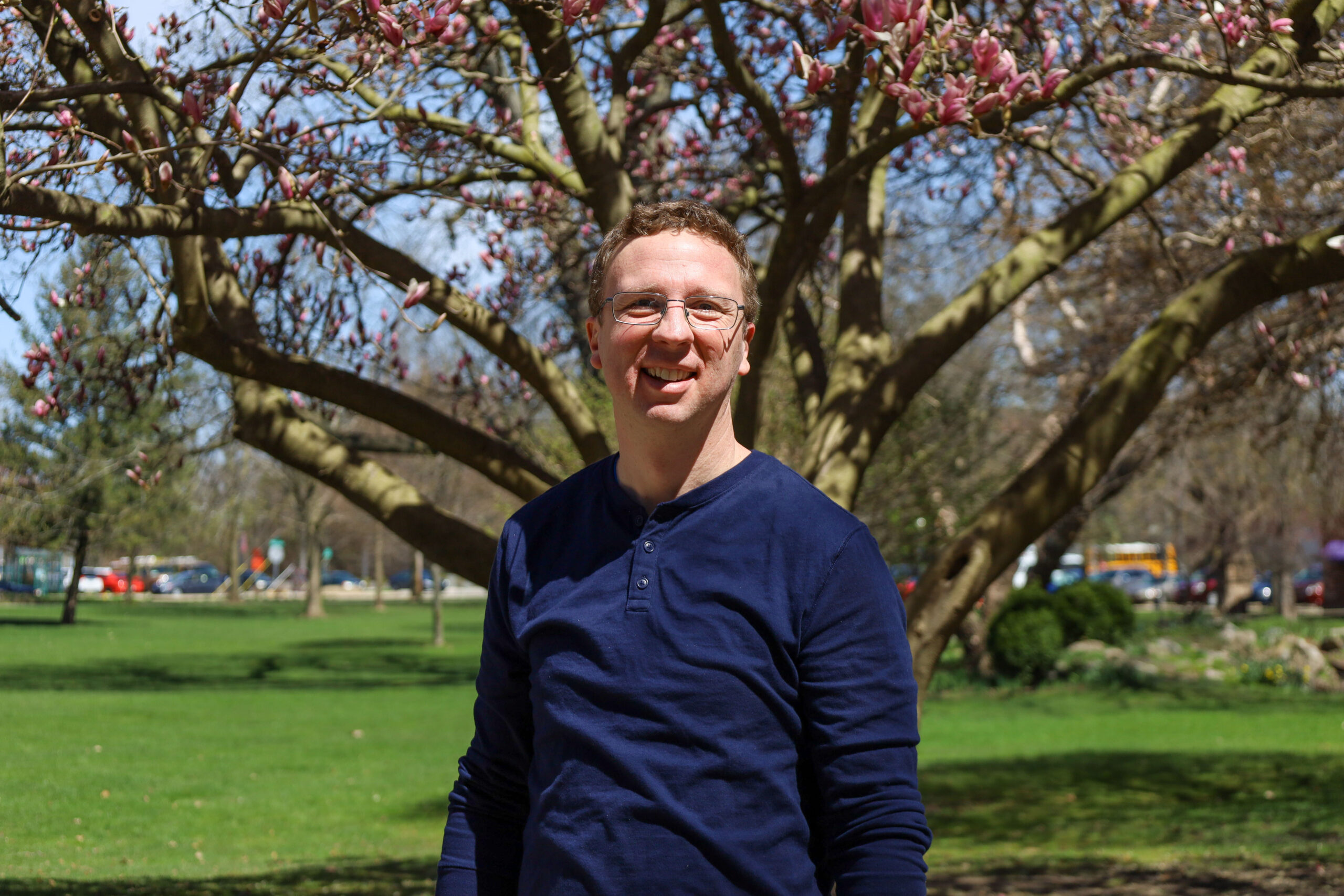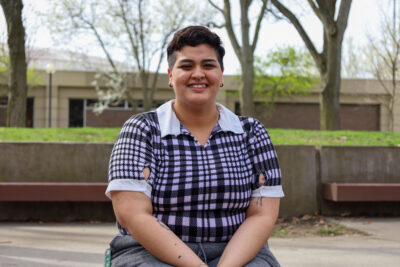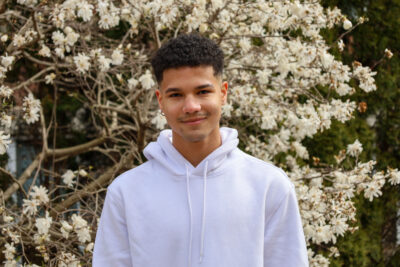Last semester I finished my Study-Service Term credits. I didn’t travel to Peru or Morocco, though. I took the remainder of my SST alternative class requirements.
Being a senior and having friends who, for the most part, have been on SST, I often get asked where I went for my SST. After responding that I have taken the alternative classes, I get the same look every time from the person who has asked: a sigh of “oh” and a look away. With a quick change of subject, the conversation continues. I am perfectly content with my decision to take alternative courses instead of doing the international or domestic SST, but I feel as though this is frowned upon here on campus. Why is this?This past summer was the Nicaragua SST that I originally selected. I have my reasons as to why I chose to do alternative courses instead, and I’m okay with that. Sure, I would have loved to go to Nicaragua with two of my roommates and good friends, but through my alternative courses I was still able to make new friends and strengthen existing relationships. Even though it is not the same experience as an international SST, it has still been valuable to me. Through my alternative classes, I have learned about other countries and cultures, and made friends.
As a nursing major, my SST alternative requirements were a language and three courses. I took Spanish, Spain and Morocco, World Literature and Race and Class and Ethnic Relations as my alternative courses. I chose these because they gave me the opportunity to learn a language, travel outside of the U.S., explore literature from other countries and increase my awareness of other social groups.
Admittedly, there are certain aspects of the SST experience that cannot be learned from a book, but the variety of topics covered and learning techniques used in these courses allowed for unique learning experiences. All of these provided me with a well-rounded education across a wide range of topics. Not only did I expand my knowledge of the world, but I have a better understanding of different cultures and races that can help me be more culturally competent as a nurse. In nursing it is important to care for the person as a whole–not only from a medical standpoint, but to include their culture and background as foundation for individualized care.
When I ask someone how SST was, I can honestly say that I am curious to know. I love listening to stories. I understand that it can be hard to capture three months in two sentences. It is three months of your life, and however you sum it up is fine with me. My question to you is: can you ask and be interested in my experiences, whatever they may be, in return? I took two different SST alternative courses just last semester. Why not ask about the courses instead of brushing it off? Ask me–I would be more than willing to share about them!
Kimberly Lindgren is a senior nursing major.



